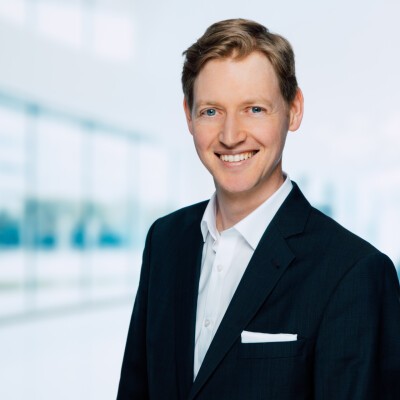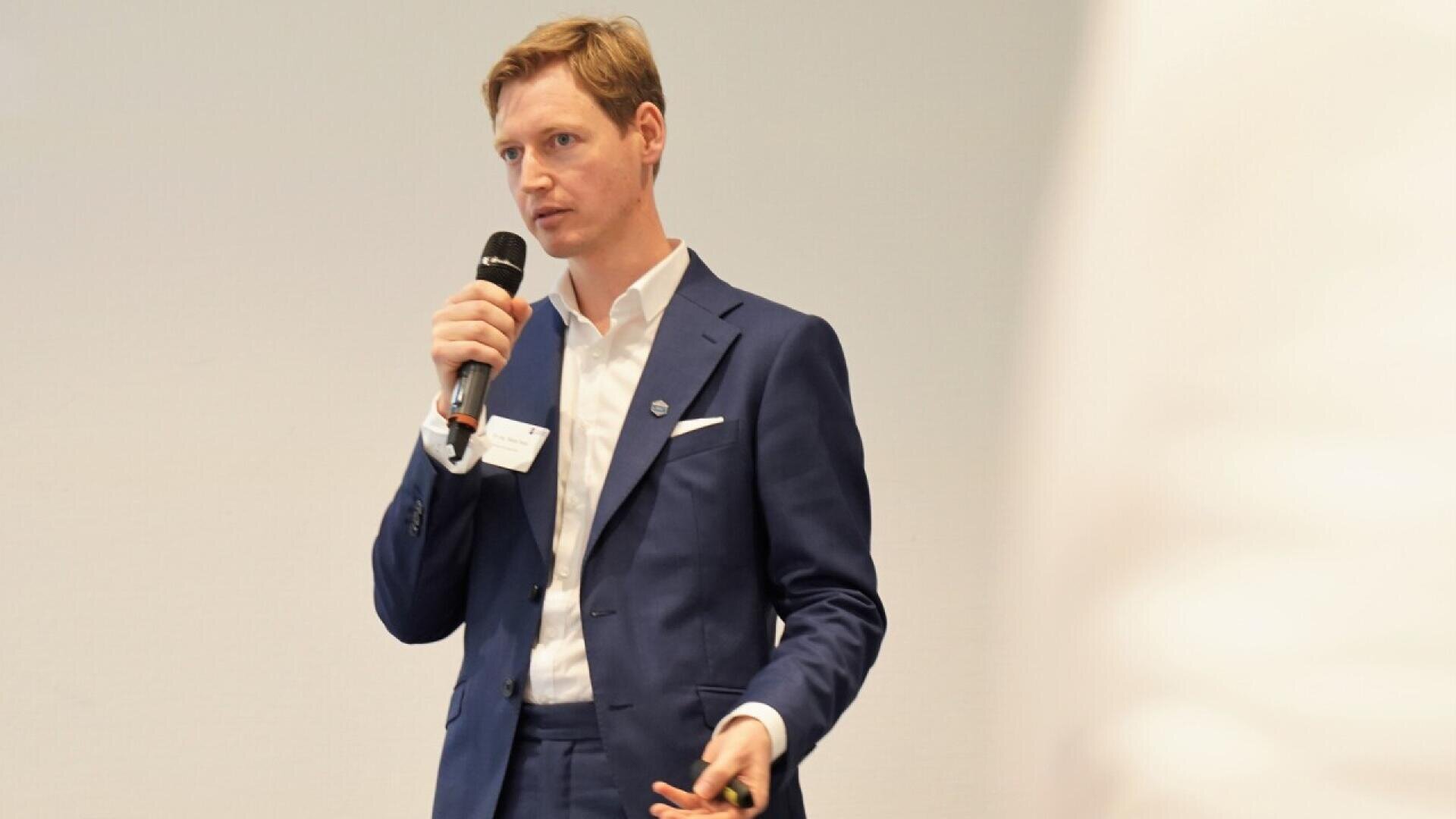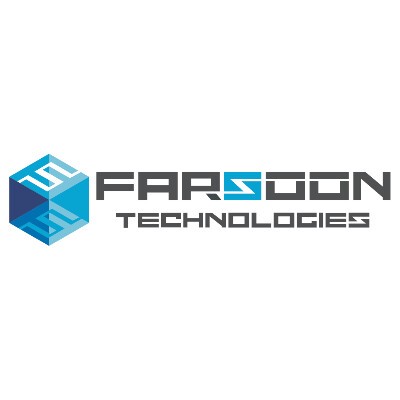The digital information flow continues to drive industrialization of additive manufacturing towards series production
When it comes to 3D printed components, there is often still the view that the component quality and manufacturing costs prevent them from being used for series applications. 3D printing often still has the image of prototyping. 3D printing has many advantages.
If you want to make full use of them, you need to develop new component geometries with adapted requirements for component quality. The economic benefit in the product life cycle justifies the manufacturing costs of the components. 3D printed components in quantities >20,000 are economically and technically realized, for example in components that are produced by laser sintering plastic powder.
On the other hand, the industry lacks experience with 3D printed components for series use. In order to comprehensively implement industrial series production, some research and development efforts are still needed.
The lecture will outline the state of the art in the industrial use of laser sintering and show which tasks still need to be addressed. For example, the reproducibility of component quality is an issue. There is a lack of systematic understanding of the influencing factors of the various steps in the process chains, before, during and after the central step of component production in the laser sintering machine. There is a lack of quality assurance systems, for example with the recording of process data in the various process steps. Data processing is often complex due to the lack of software compatibility.
The lecture explains which requirements must be met so that a component manufacturer can set up a quality assurance system that provides a certain level of reproducibility in component production. Open laser sintering and melting systems expand the possibilities of establishing the necessary quality assurance systems for specific series production. The laser sintering systems should also be open for the connection of an independent in-process quality control, as well as for the transmission of process data.
The lecture specifically addresses the description and explanation of the “Open Platform Communications Unified Architecture” (OPC UA) using an example, which makes it possible to systematically collect, demonstrate, evaluate and positively influence the understanding of the respective influencing factors.
Farsoon Europe GmbH, based in Stuttgart, is part of the China-based parent company Farsoon Technologies. It was founded in Germany in 2018. In addition to the sale of laser sintering systems, the European headquarters offers a technical service close to the end customer. Farsoon is committed to industrializing the world of 3D printing. We also offer open laser systems for metal and plastic processing. Farsoon, with three main sales branches in America, China and Europe, is a global company with a workforce of over 700. 1/3 of its employees are employed in R&D, which makes the company very innovative. Farsoon attaches great importance to the quality of its products and is certified according to DIN EN ISO 9001.
Speakers (1)



